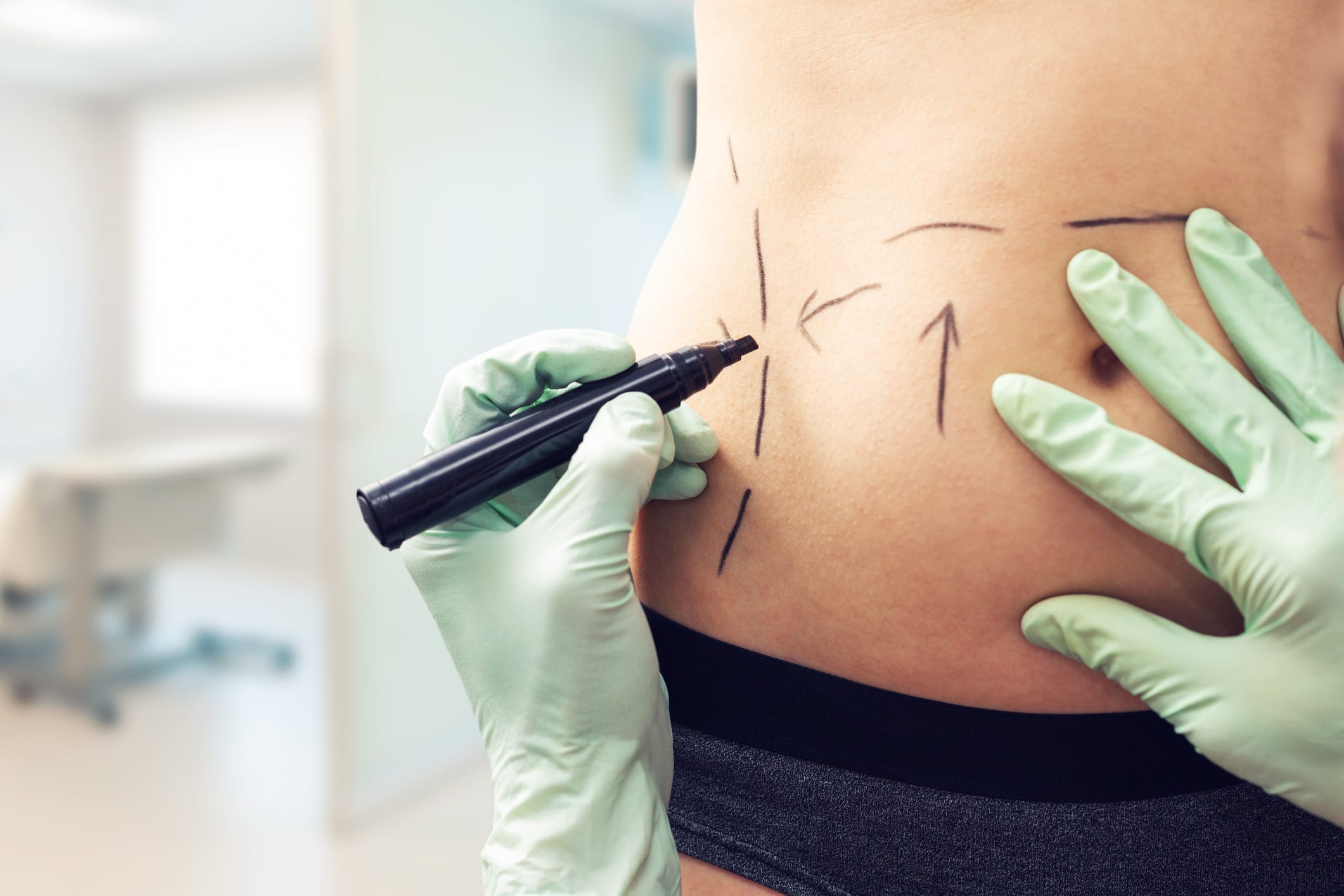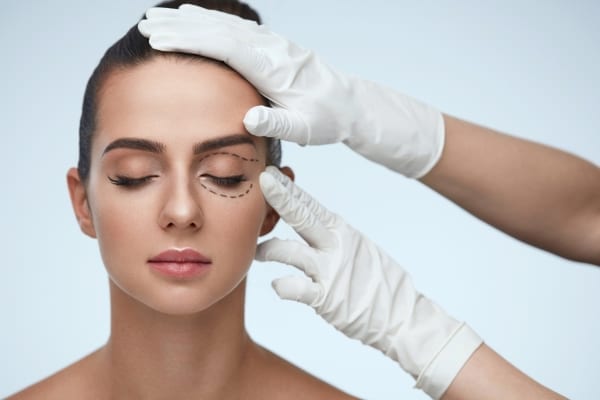When it comes to having surgery, aftercare is often a huge worry for a lot of people, especially regarding the amount of downtime needed afterwards. For many, it’s important that they are back on their feet as soon as they possibly can be. Because we understand this, we’ve highlighted in this article the different and safest ways to speed up recovery after having cosmetic surgery. This way, you can be confident going in, since you know you can look forward to healing quickly and nicely.

1. Follow Your Doctor’s Instructions
It goes without saying that you need to follow the aftercare instructions carefully, even the simplest. While you may feel some of them may be unnecessary, they’re recommended for a reason. For example, if you’re advised to avoid lifting weights for, at least, a week after surgery, make sure you follow this for your safety. You might feel better physically, but a lot of healing takes place internally, meaning you’re likely unaware of how much your body still needs to heal. Choosing not to comply with your surgeon’s instructions can lead to anything from excessive bleeding to infections.
2. Not Rush Back to a Busy Routine
It’s extremely important that you take time to rest and don’t go back to your hectic and active routine as soon as you’ve had surgery. Doing so could compromise the healing process. Your efforts and attention should be spent focusing on getting better, not on work, so make sure you’re good and ready to go back before rushing into a decision.
In addition, you may think that if you have a sedentary job it’s not a problem to return to work right after you’ve had an operation; however, it’s best that you only do it after you’re no longer at risk of developing deep vein thrombosis after surgery. After all, sitting down all day and not moving much after you’ve gone under the knife can lead to complications.

3. Move as Much as Possible
This means that, even though you shouldn’t overexert yourself, it’s still crucial that you move as much as you possibly can. It can feel counterintuitive. After all, moving can be very painful after you’ve gone under the knife; but, if you avoid it, your recovery won’t be as speedy as you wish.
Moving can get blood circulation flowing and prevent complications such as deep vein thrombosis. It will also help you to feel better in the long run by ensuring your muscles and tendons don’t become ‘rusty’ by lack of movement (leading to physical weakness). Overall, you’ll feel that your energy levels will be higher and that your immune system will be stronger.
4. Eat Well and Drink Plenty of Water
Your diet is an incredibly important part of your post-surgery recovery, as it can help your body to heal faster by giving you the right nutrients. Foods that combat fatigue and offer good amounts of protein, such as eggs, tend to be great choices during your aftercare period; vitamin C and fibre should also become a staple of your diet, so eat plenty of fruit and yoghurt. Processed sugars should be avoided since they can make you feel tired due to fluctuations in your blood sugar levels. Salt should also be consumed in moderation or avoided all-together, since it can contribute to water retention which, in turn, will make it more difficult to get rid of post-op swelling.

Also, you’ll want to keep alcohol at bay and drink water instead. Wounds tend to heal slower when your body is processing alcohol (which can also thin your blood and make you bleed excessively), so it’s something to keep in mind before and after your surgical procedure.
5. Don’t Miss Follow-Up Appointments
Another way to ensure you’re on the way to a speedy recovery is to attend all follow-up appointments scheduled by your doctor. It can be a hassle having to go back when all you want to do is go back to a normal routine; however, checkups are crucial and will make sure your body is healing well. Even if you already feel great, you should still attend the appointments, especially as your surgeon may notice something you haven’t, for example. Your doctor will be able to tell whether you need to change medication and look for signs of infection so that you can recover well at home.
6. Wear the Right Clothes
If you’ve had a surgical procedure done, wearing clothes that promote healing and don’t irritate the skin is crucial. Loose-fitting clothes that don’t rub on the wound or are itchy are good choices. After a liposuction procedure, avoid tight waistbands that compress your midsection as well, be it elastic waistbands or belts. The same goes for facial treatments too, as you should avoid tight hats, for instance, after a surgical facelift. If you’re unsure what to wear after undergoing surgery, just ask your doctor – our fantastic surgeons are more than happy to help you out with anything you need.
We regard your recovery process with the same importance as we do your surgical procedure, so we aim to help you heal well and quickly. We’ve treated many patients at our clinics, as we offer cosmetic surgery in Guernsey and cosmetic surgery in Jersey, and all can attest to our commitment to helping you achieve the results you’re looking for.







